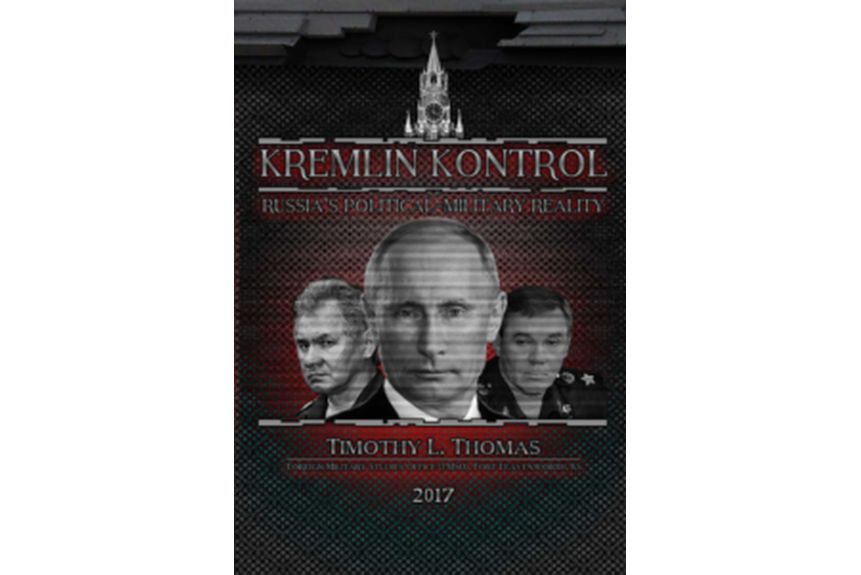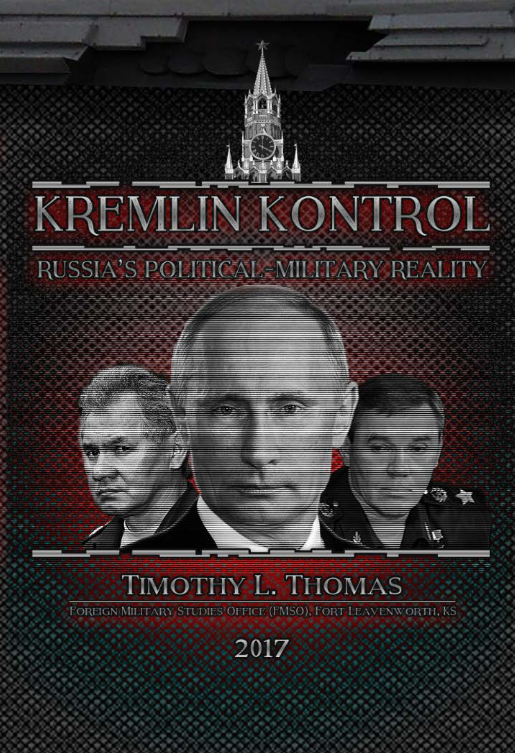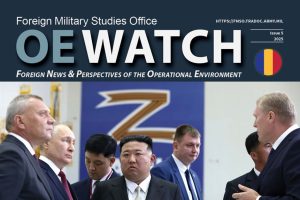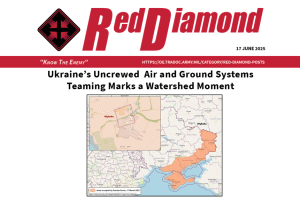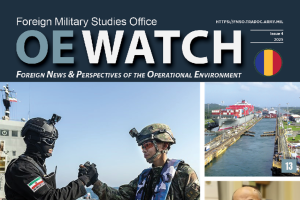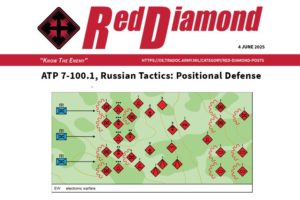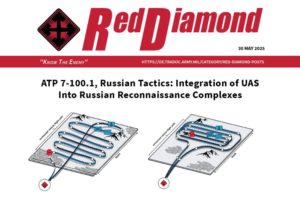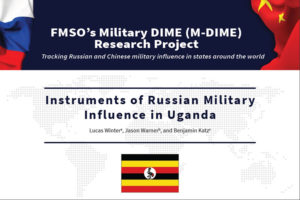Kremlin Kontrol: Russia’s Political-Military Reality (Timothy L. Thomas)
By Timothy Thomas
Distribution A: Approved for public release
File Size:
2.2MB
File Type:
Page Count:
280
Share & Get The Message Out
(Click image to download book.)
Authoritarian regimes are, by their very nature, insecure. They tend to view Western democracies as an existential threat to their way of rule and they fear the development of any type of opposition or protests in the streets. In Russia’s case, the latter fear of protests leading to a “color revolution” often appears as important as the ISIS threat to its southern border. Lacking political legitimacy, they rely on two factors to sustain their leadership, patriotism and control. This study discusses the latter issue from both a civilian and military point of view. Russian President Vladimir Putin, a former KGB operative, is all about control. In his excellent book The Invention of Russia, Arkady Ostrovsky recounted one conversation about Putin: “Anything you control is safe. Anything you don’t control by definition represents a threat—that is their mental framework, and a KGB officer is always a KGB officer.”
This work is divided into two parts. Part One looks at the system of control that Putin has either continued or developed anew in his twelve years as president. Part Two is focused on several military aspects of control. These include not only command and control issues but also the methodical manner in which Russian military analysts establish control parameters over their environment.
Related Products
U.S. Adversaries’ Trilateral Naval Exercises Reflect Convenience, Not Convergence
Ukraine’s Uncrewed Air and Ground Systems Teaming Marks a Watershed Moment
ATP 7-100.1, Russian Tactics: Positional Defense
ATP 7-100.1, Russian Tactics: Integration of UAS Into Russian Reconnaissance Complexes
Instruments of Russian Military Influence in Uganda


